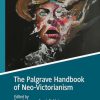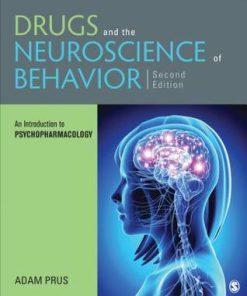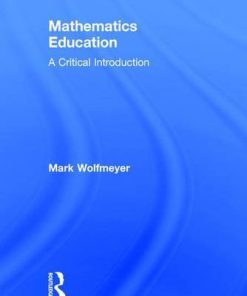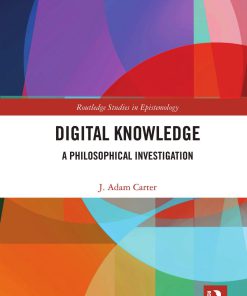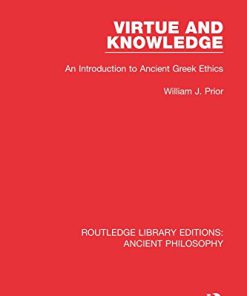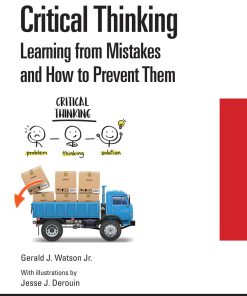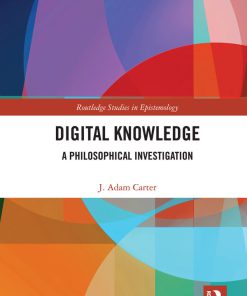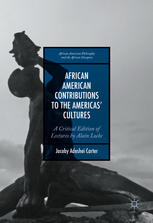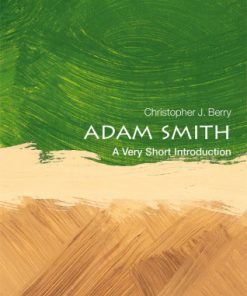A Critical Introduction to Knowledge How 1st edition by Adam Carter, Ted Poston 1472507576 9781472507570
$50.00 Original price was: $50.00.$25.00Current price is: $25.00.
A Critical Introduction to Knowledge How 1st edition by J. Adam Carter, Ted Poston – Ebook PDF Instant Download/DeliveryISBN: 1472507576, 9781472507570
Full download A Critical Introduction to Knowledge How 1st edition after payment.
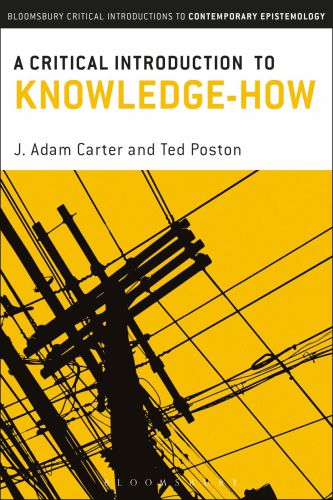
Product details:
ISBN-10 : 1472507576
ISBN-13 : 9781472507570
Author: J. Adam Carter, Ted Poston
We know facts, but we also know how to do things. To know a fact is to know that a proposition is true. But does knowing how to ride a bike amount to knowledge of propositions? This is a challenging question and one that deeply divides the contemporary landscape. A Critical Introduction to Knowledge-How introduces, outlines, and critically evaluates various contemporary debates surrounding the nature of knowledge-how. Carter and Poston show that situating the debate over the nature of knowledge-how in other epistemological debates provides new ways to make progress. In particular, Carter and Poston explore the question of what knowledge-how involves, and how it might come apart from propositional knowledge, by engaging with key epistemological topics including epistemic luck, knowledge of language, epistemic value, virtue epistemology and social epistemology. New frontiers for research on knowledge-how are also explored relating to the internalism – externalism debate as well as embodied and extended knowledge. A Critical Introduction to Knowledge-How provides an accessible introduction to the main arguments in this important and thriving debate suited for undergraduates and postgraduates in philosophy and related areas. A strength of the book is its methodology which places a premium on placing the debates over knowledge-how in a broader conversation over the nature of knowledge. This book also offers an opinionated discussion of various lines of argument which will be of interest to professional philosophers as well.
A Critical Introduction to Knowledge How 1st Table of contents:
Chapter 1 A brief history of knowledge-how
1.1 Plato and Aristotle on knowledge-how
1.2 Ryle’s anti-intellectualism
1.3 Ryle’s legacy
1.4 Further reading
1.5 Study questions
Chapter 2 The case for intellectualism
2.2 Linguistic arguments for intellectualism
2.3 The non-linguistic case for intellectualism
2.4 Hetherington’s reductivism
2.5 Conclusion
2.6 Further reading
2.7 Study questions
Chapter 3 Knowledge-how and epistemic luck
3.2 Propositional knowledge and epistemic luck
3.3 The argument from intervening epistemic luck
3.4 Stanley’s replies
3.5 Rejoinders to Stanley
3.6 Environmental epistemic luck
3.7 Concluding remarks
3.8 Further reading
3.9 Study questions
Chapter 4 Knowledge-how and cognitive achievement
4.2 Propositional knowledge as cognitive achievement: The case for
4.3 Propositional knowledge as cognitive achievement: The case against
4.4 The anti-intellectualist argument from cognitive achievement
4.5 Objections and replies
4.6 Concluding remarks
4.7 Further reading
4.8 Study questions
Chapter 5 Knowledge-how and testimony
5.1 Intellectualism
5.2 Knowledge transfer
5.3 De se knowledge
5.4 Concluding remarks
5.5 Further reading
5.6 Study questions
Chapter 6 Knowledge-how and knowledge of language
6.1 What is linguistic competence?
6.2 Is linguistic competence knowledge?
6.3 Linguistic competence and the use theory of meaning
6.4 Conclusion
6.5 Further reading
6.6 Study questions
Chapter 7 Knowledge-how: Normativity and epistemic value
7.2 Propositional knowledge, knowledge-how and assertion
7.3 The epistemic value of propositional knowledge
7.4 Conclusion
7.5 Further reading
7.6 Study questions
Chapter 8 Knowledge-how: Future directions
8.1 Knowledge-how, internalism and skill
8.2 Knowledge-how and active externalism
8.3 Conclusion
8.4 Further reading
8.5 Study questions
People also search for A Critical Introduction to Knowledge How 1st:
environment and society a critical introduction
social media a critical introduction
political ecology a critical introduction
film a critical introduction
photography a critical introduction
Tags: Critical Introduction, Knowledge, Adam Carter, proposition, Ted Poston
You may also like…
Medicine - Neuroscience
Politics & Philosophy - Anthropology
Reference - Library & Information Science
Digital Knowledge; A Philosophical Investigation 1st Edition J. Adam Carter
Politics & Philosophy - Ancient & Medieval Philosophy
Virtue and Knowledge An Introduction to Ancient Greek Ethics 1st Edition William J. Prior
Relationships & Lifestyle - Personal Growth & Inspiration
Reference - Library & Information Science
Digital Knowledge A Philosophical Investigation 1st Edition J Adam Carter
Politics & Philosophy - Social Sciences
Biography & Autobiography - Business & Finance
Adam Smith A Very Short Introduction Very Short Introductions Christopher J. Berry


